Understanding Achilles Tendonitis
Achilles tendonitis is a common condition affecting athletes, active individuals, and those who spend prolonged periods on their feet. This inflammation of the Achilles tendon, which connects the calf muscles to the heel bone, can lead to pain and stiffness, impacting daily activities and sports performance. The most common causes include overuse, improper footwear, and lack of flexibility. Whether you’re a runner, a weekend hiker, or simply seeking relief from daily discomfort, finding the right footwear is crucial for managing your symptoms effectively.
In this article, we’ll explore the best shoes for Achilles tendonitis, highlighting options that provide the necessary support and comfort without compromising on style. We’ll break down different types of footwear, provide real-world experiences, and share case studies to help you make an informed decision. Let’s dive into the world of footwear that cares for your Achilles tendon while keeping you fashionable!
Features to Look for in Shoes for Achilles Tendonitis
When selecting shoes for Achilles tendonitis, several key features should be prioritized to ensure optimal comfort and support. Here are some of the most critical attributes to consider:
1. Arch Support
Proper arch support is essential for alleviating stress on the Achilles tendon. Shoes with built-in arch support help distribute weight evenly across the foot and reduce strain during movement.
2. Cushioning
Adequate cushioning absorbs impact, minimizing stress on the heel and tendon. Look for shoes with soft, responsive materials that provide excellent shock absorption.

3. Heel Height
A slightly elevated heel can relieve pressure on the Achilles tendon. Shoes with a heel drop of 6-10 mm can reduce the strain on the tendon, promoting better alignment and reducing pain.
4. Flexibility and Stability
Shoes should offer a good balance of flexibility and stability. While it’s important for shoes to allow for natural foot movement, they should also provide sufficient support to prevent over-pronation or supination.
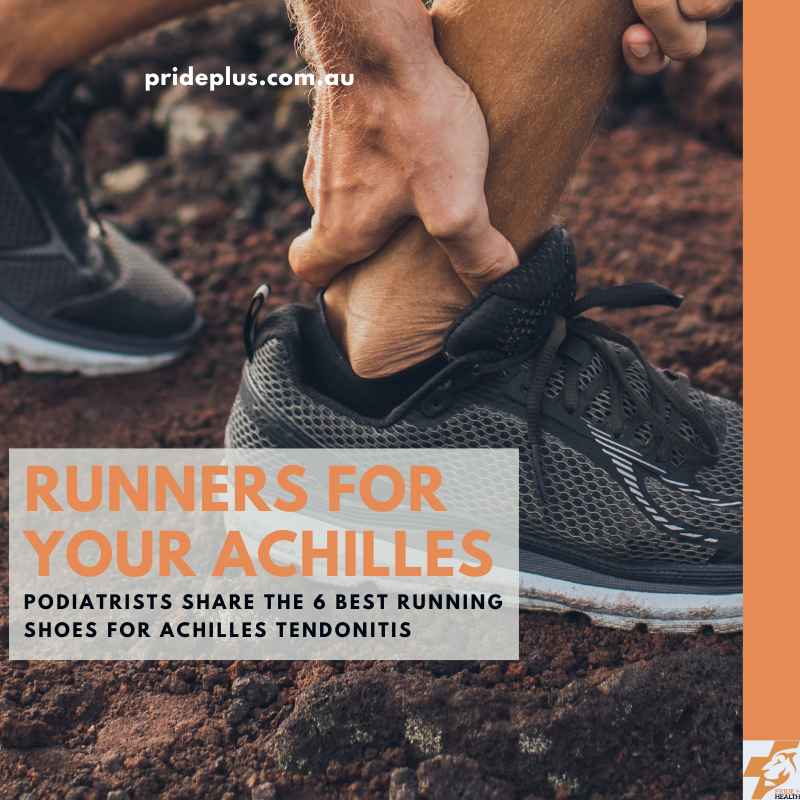
5. Breathability
Breathable materials, like mesh uppers, keep the feet cool and dry, preventing blisters and discomfort, especially during longer wear.
Selecting shoes with these features can significantly improve your comfort levels while managing Achilles tendonitis. The right footwear can help you move with confidence and ease, making everyday activities more enjoyable.
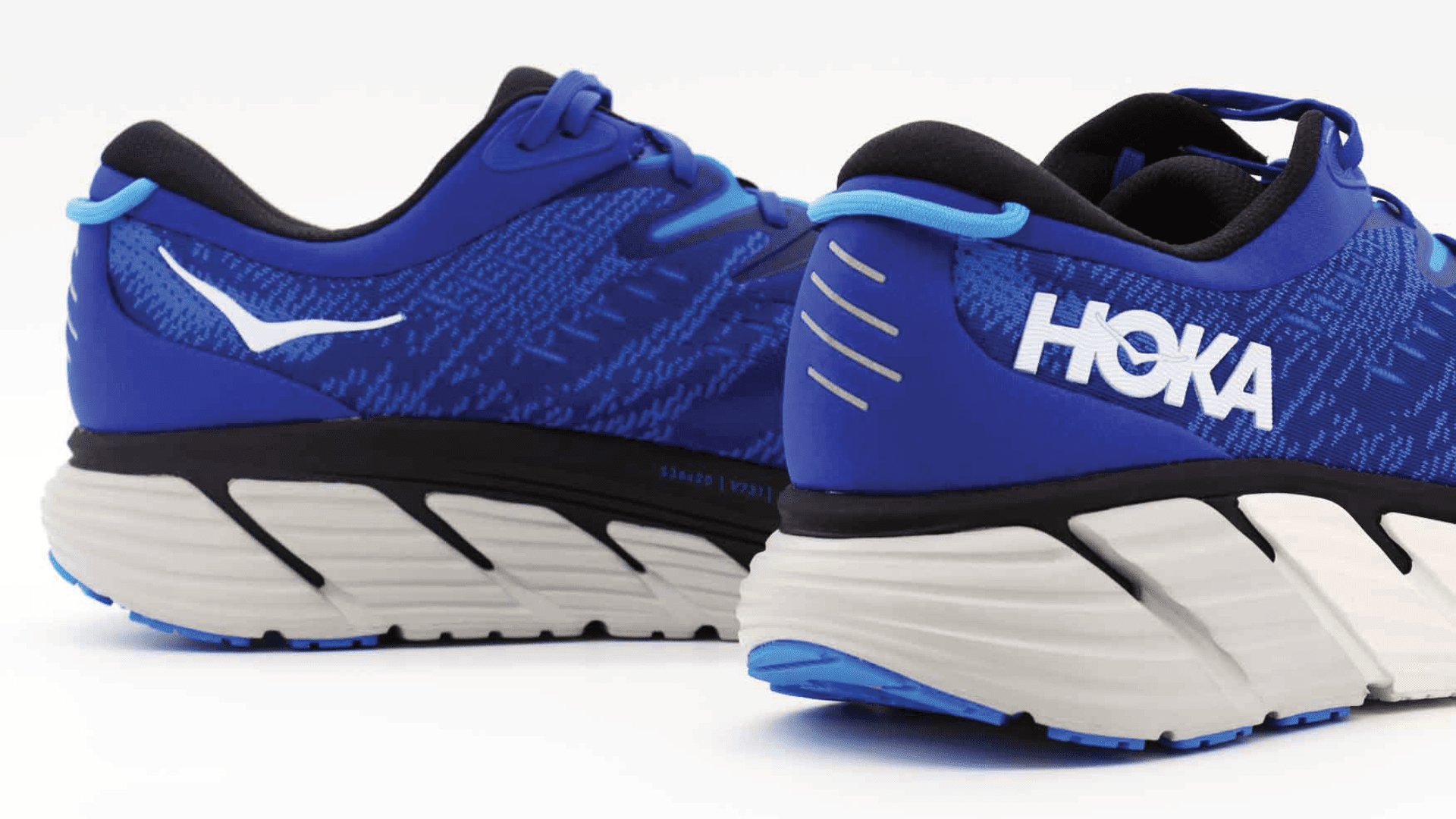
Top Shoes for Achilles Tendonitis
After comprehensive research and analysis of the footwear market, we’ve narrowed down the best shoes for Achilles tendonitis. Below are our top picks based on comfort, support, and overall performance.
1. ASICS Gel-Kayano 28
The ASICS Gel-Kayano 28 stands out for its exceptional cushioning and support. It features a Dynamic DuoMax Support System that improves stability while the GEL technology provides excellent shock absorption. Users report that the shoe feels soft yet responsive, making it ideal for both casual wear and long-distance running.
Pros:
- Outstanding cushioning.
- Great arch support.
- Durable and long-lasting.
Cons:
- Higher price point.
- Limited color options.
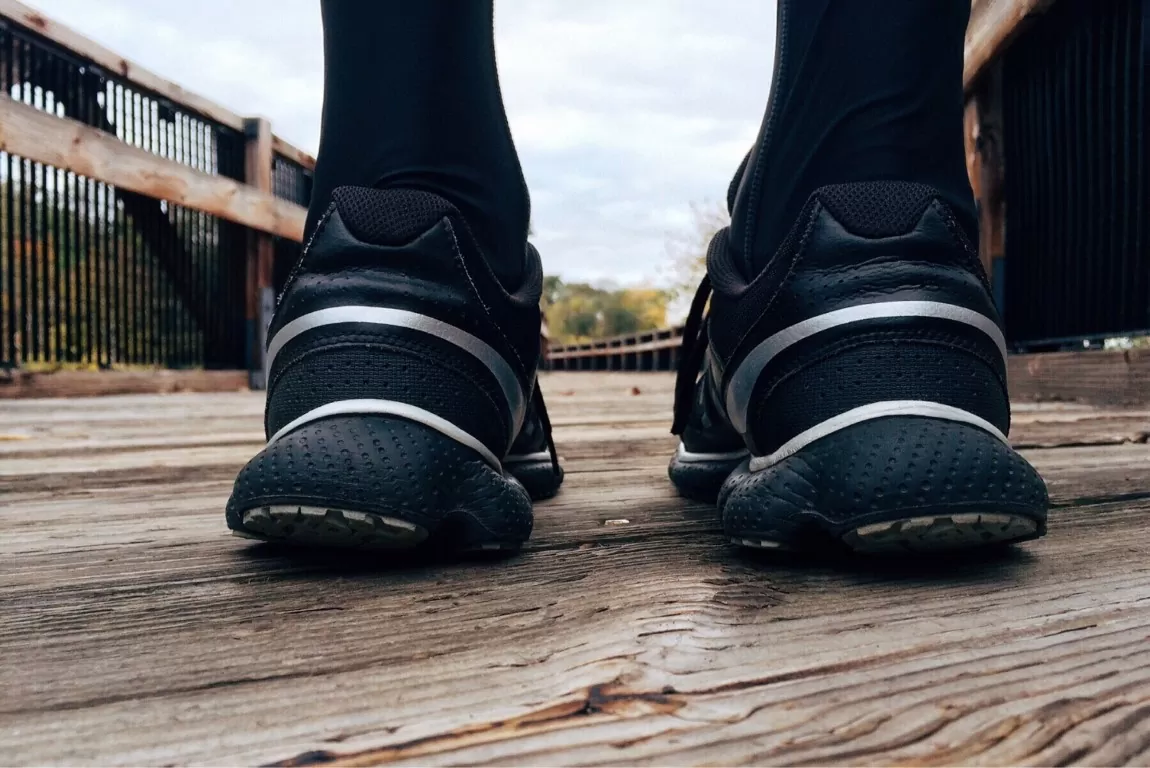
2. New Balance 990v5
The New Balance 990v5 is a classic shoe that combines style and function. With its ENCAP midsole technology, it provides stability and cushioning needed to alleviate pressure on the Achilles tendon. Many users appreciate its timeless design, making it a versatile choice for everyday wear.
Pros:
- Stylish design.
- Excellent support and cushioning.
- Wide sizing available.
Cons:
- Heavier than some running shoes.
- Break-in period reported by some users.
3. Brooks Ghost 14
Known for its soft cushioning, the Brooks Ghost 14 offers a smooth ride, perfect for runners and walkers alike. The shoe features a segmented crash pad that adapts to your stride, providing additional support and comfort. Users frequently rave about its ability to alleviate discomfort during long runs or walks.
Pros:
- Great for long-distance runs.
- Breathable mesh upper.
- Lightweight design.
Cons:
- May feel too soft for some runners.
- Less stability for those needing more support.
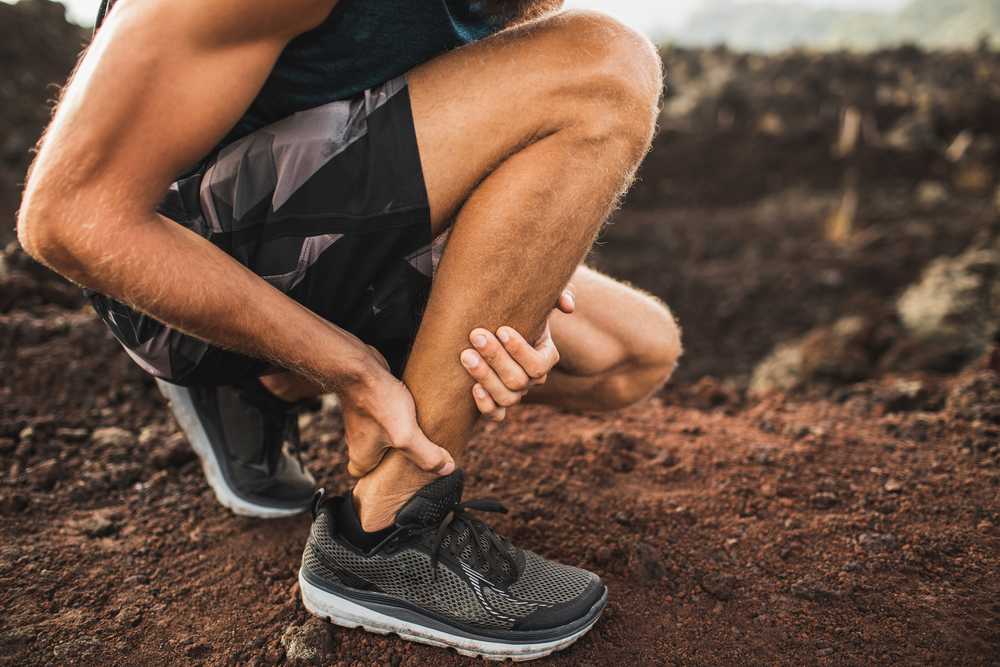
4. Hoka One One Bondi 7
The Hoka One One Bondi 7 is renowned for its maximal cushioning, making it an ideal choice for those suffering from Achilles tendonitis. With its rocker design and plush midsole, it provides a comfortable and supportive experience with each step. Users often find it relieving for foot and heel pain.
Pros:
- Exceptional cushioning.
- Effective shock absorption.
- Stability for heavy runners.
Cons:
- Bulky appearance.
- Higher price range.
5. Saucony Guide 14
The Saucony Guide 14 is designed with stability in mind. Its PWRRUN cushioning offers great responsiveness while providing necessary support. Many users experiencing Achilles tendonitis appreciate the comfort and functionality of this shoe during their runs and everyday activities.
Pros:
- Great blend of cushioning and support.
- Responsive feel for runners.
- Durable construction.
Cons:
- May take time to adjust.
- Some users report a narrow fit.
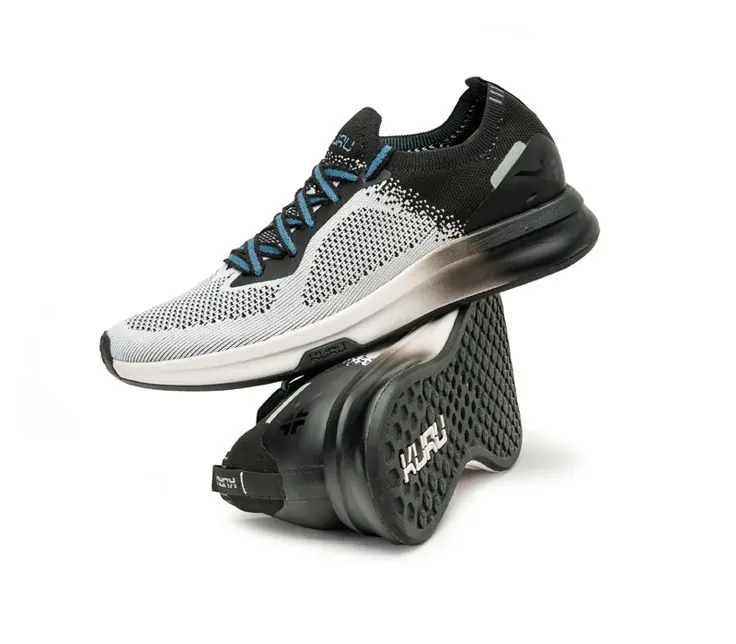
Each of these shoes brings unique features that can help those suffering from Achilles tendonitis find relief and comfort. Whether you prefer running or casual wear, there’s an option for everyone!
Comparison Table of the Best Shoes for Achilles Tendonitis
| Shoe Model | Cushioning | Arch Support | Heel Height | Price Range |
|---|---|---|---|---|
| ASICS Gel-Kayano 28 | High | Great | 10 mm | $$$ |
| New Balance 990v5 | Moderate | Excellent | 12 mm | $$$ |
| Brooks Ghost 14 | High | Good | 12 mm | $$ |
| Hoka One One Bondi 7 | Maximal | Great | 6 mm | $$$ |
| Saucony Guide 14 | Moderate | Good | 8 mm | $$ |

Real-World Footwear Experiences
Hearing from real users can provide insight into how effective these shoes are for managing Achilles tendonitis. Let’s delve into some case studies that illustrate how the right footwear made a difference in people’s lives.
Case Study 1: Jane, the Marathon Runner
Jane had always enjoyed running marathons but developed Achilles tendonitis after a particularly rigorous training season. She struggled to find shoes that provided enough support and cushioning. After researching and trying various brands, she settled on the ASICS Gel-Kayano 28. Jane reports that the shoe’s dynamic support and gel technology made a noticeable difference in her comfort. She can now complete her long runs without feeling discomfort in her Achilles tendon, allowing her to continue pursuing her passion for running.
Case Study 2: Mark, the Casual Walker
Mark, a casual walker and weekend hiker, experienced pain in his heel due to Achilles tendonitis. He initially wore traditional sneakers, which only aggravated his condition. After seeking advice from a podiatrist, he switched to the Brooks Ghost 14. The transition was game-changing; not only did he feel less pain during walks, but he also appreciated the shoe’s lightweight feel. Mark now enjoys extended walks without discomfort and attributes his recovery to choosing the right footwear.
Case Study 3: Linda, the Fitness Enthusiast
Linda, a fitness instructor, faced persistent Achilles pain that hindered her ability to teach classes. She found relief after trying the Hoka One One Bondi 7. The maximal cushioning provided the support she needed during high-impact workouts. Linda reported significantly reduced pain and improved performance in her classes. She now recommends the Bondi 7 to her clients suffering from similar issues.
These testimonials highlight the importance of choosing the right footwear for managing Achilles tendonitis. Real-world experiences show how appropriate shoes can drastically improve comfort and overall quality of life.
Tips for Maintaining Foot Health
While finding the right shoes is critical, maintaining foot health is equally important for managing Achilles tendonitis effectively. Here are some tips to keep your feet and tendons healthy:
1. Stretch Regularly
Incorporating stretches for the Achilles tendon and calf muscles into your routine can help alleviate tightness and improve flexibility. Simple calf stretches or using a foam roller on your calves can make a significant difference in reducing discomfort.
2. Strengthening Exercises
Strengthening the muscles around the ankle and foot can provide better stability and protection for the Achilles tendon. Exercises like calf raises and resistance band exercises can be beneficial.
3. Choose Appropriate Footwear
Always prioritize shoes that fit well and provide adequate support. Avoid wearing worn-out footwear, as they can exacerbate tendonitis symptoms.
4. Gradual Intensity Increase
When returning to physical activities, gradually increase the intensity and duration. Allow your body to adapt to the strains and stresses placed upon it.
5. Consult a Professional
If pain persists, consider consulting a podiatrist or physical therapist. They can provide personalized assessments and recommend tailored exercises or orthotics.
By following these tips and investing in proper footwear, you can manage your Achilles tendonitis effectively and maintain an active lifestyle.
FAQs About Shoes for Achilles Tendonitis
1. What causes Achilles tendonitis?
Achilles tendonitis is often caused by repetitive strain or overuse, leading to inflammation of the tendon. Common factors include excessive running, improper footwear, or tight calf muscles.
2. Are there specific types of shoes recommended for Achilles tendonitis?
Look for shoes that offer good arch support, cushioning, and a slightly elevated heel. Models such as the ASICS Gel-Kayano and Brooks Ghost 14 are often recommended.
3. Can I wear regular sneakers if I have Achilles tendonitis?
While some sneakers may provide adequate support, it is crucial to choose footwear specifically designed to address the needs of individuals with Achilles tendonitis. Opt for shoes with the features discussed earlier.
4. How can I relieve pain from Achilles tendonitis?
Resting the tendon, applying ice, and using supportive footwear can help relieve pain. Stretching and strengthening exercises can also contribute to recovery.
5. How do I know if my shoes are the right fit for Achilles tendonitis?
Your shoes should provide good arch support, cushioning, and a comfortable fit without pinching or pressing against your Achilles tendon. The heel should feel secured without being overly tight.
6. Is it better to choose shoes with a higher or lower heel drop?
A slightly higher heel drop (6-10 mm) can reduce strain on the Achilles tendon. However, the best heel height can vary based on individual preference and foot structure.
7. How long should I wear new shoes before deciding they are right for me?
It’s advisable to break in new shoes gradually over a week or two, giving your feet time to adjust. If discomfort persists beyond the break-in period, consider returning or exchanging them.
8. Can orthotics help with Achilles tendonitis?
Yes, custom orthotics can provide additional support and alignment for those suffering from Achilles tendonitis. Consulting with a podiatrist can help determine the right type of support needed.
9. Are there any activities I should avoid if I have Achilles tendonitis?
Avoid high-impact activities that put excessive strain on the Achilles tendon, such as running on hard surfaces or jumping. Opt for low-impact exercises like swimming or cycling during recovery.
10. How long does it take to heal from Achilles tendonitis?
Recovery time can vary widely, ranging from a few weeks to several months, depending on the severity of the condition and how well it’s managed. Regular treatment and attention to footwear can speed up the healing process.
11. Can I continue exercising with Achilles tendonitis?
While it’s crucial to rest and avoid aggravating activities, you may still engage in low-impact exercises that do not strain the tendon, such as swimming or cycling. Always listen to your body and consult a professional if unsure.